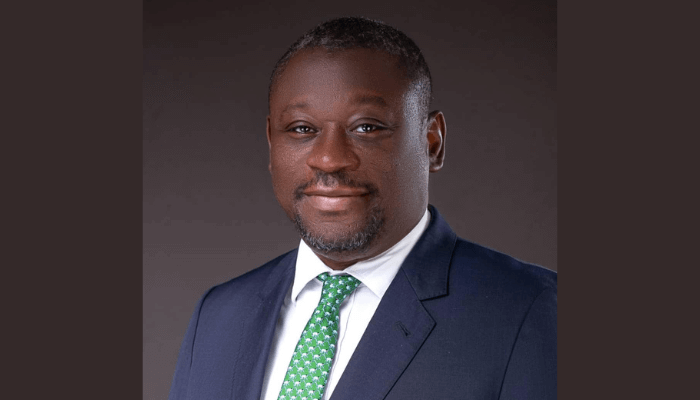Ola Alokolaro, managing partner and head of the Energy & Infrastructure Group at Advocaat Law Practice, has urged Nigerian authorities to quicken the pace of reforms in the country’s oil and gas sector to attract and retain international investment. He warned that unless regulatory and policy changes are implemented more rapidly and decisively, Nigeria risks falling behind other African nations that offer more investor-friendly environments.
In an exclusive interview, Alokolaro emphasized that while the Petroleum Industry Act (PIA) of 2021 was a step in the right direction, Nigeria must now focus on execution. He noted that the current oil production level of approximately 1.4 million barrels per day remains below OPEC quotas and the government’s own targets. According to him, reaching a sustainable production level of two million barrels per day is achievable through a combination of improved security, infrastructure upgrades, and focused investment in underperforming and marginal fields.
Alokolaro described the shift in upstream oil operations from international oil companies to domestic players as a significant opportunity for local economic empowerment. However, he warned that persistent challenges such as regulatory duplication, underdeveloped infrastructure, and insecurity continue to deter investment. He expressed optimism that recent leadership changes at the Nigerian National Petroleum Company Limited (NNPCL) could lead to better governance, enhanced transparency, and stronger commercial discipline.

He identified Nigeria’s vast gas reserves as a critical resource capable of transforming the country’s economic future. With over 200 trillion cubic feet of proven gas, Alokolaro believes Nigeria can power industrial growth, increase foreign exchange earnings through LNG exports, and address its chronic electricity shortfall. However, he stressed that the current domestic gas pricing structure is non-competitive and commercially unviable for investors. He advocated for a transparent, market-based pricing framework and amendments to the PIA that reflect global best practices, citing Angola and Mozambique as models with contract-based pricing and fiscal stability clauses.
On the legal front, Alokolaro called for reforms to ensure greater investor protection and legal certainty. He recommended establishing a dedicated energy arbitration tribunal to handle disputes across the oil and gas value chain. He noted that while Nigeria has made some progress with alternative dispute resolution mechanisms in the upstream sector, broader reforms are needed to reduce the lengthy timelines and inefficiencies in the judicial process.
Addressing the recent executive orders issued to fast-track project approvals, Alokolaro said the directives are timely but stressed that their success depends entirely on consistent implementation and regulatory alignment. He warned that Nigeria is competing with countries like Namibia and Angola that offer quicker approvals and clearer fiscal terms. Without decisive follow-through, Nigeria could miss a crucial investment window, particularly in the gas sector where global demand is rising.
He also identified the need for the government to streamline regulatory oversight, reduce multiple taxation burdens, and improve the business environment. He called for better coordination between the Nigerian Upstream Petroleum Regulatory Commission (NUPRC) and the Nigerian Midstream and Downstream Petroleum Regulatory Authority (NMDPRA), noting that overlapping functions contribute to bureaucratic delays and discourage investors.
Beyond oil and gas, Alokolaro highlighted untapped opportunities in renewable and off-grid energy solutions. With over 80 million Nigerians lacking access to the national grid, he pointed to solar mini-grids, battery storage, and hybrid systems as key areas where the private sector can play a transformative role. He also emphasized the need to reduce routine gas flaring, suggesting gas-to-liquid technologies and small-scale LNG as viable alternatives to wasteful practices.
In terms of a single transformative policy change, Alokolaro underscored the importance of implementing a consistent and enforceable market-based gas pricing system. He argued that such a move would unlock the full economic potential of Nigeria’s gas resources, spur investment across multiple sectors, and enhance the country’s energy security and export capabilities.
Alokolaro concluded that while Nigeria possesses the reserves, talent, and strategic location to be a major energy hub, success depends on bold, timely, and coordinated action. “Gas is our best bet for economic transformation,” he said, “but to realise its full potential, we need less talk and more implementation.”




